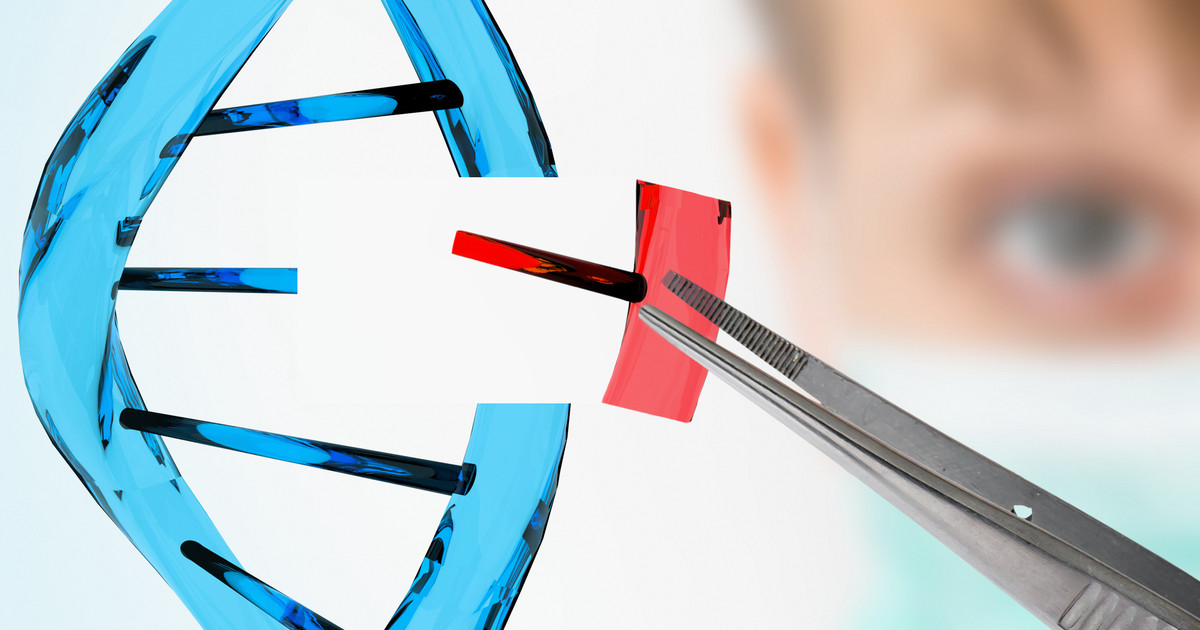What Are The Causes And Complications Of Turner Syndrome?
Turner syndrome appears to be a condition in which patients have issues with their second X chromosome. The second X chromosome is only found in women. It may have missing pieces or be completely missing in Turner syndrome. Patients may deal with different levels of severity with this condition, depending on what parts of their genes are missing. This may also cause various medical and developmental issues. Patients can be diagnosed at different times, including before birth with prenatal testing, at birth, or during early childhood.
There does not appear to be a cure for Turner syndrome currently. However, Turner syndrome treatment is essential to manage symptoms and prevent complications. Growth hormone therapy for Turner syndrome seems to be the most common treatment method. Most patients may require estrogen therapy for Turner syndrome if they want to start puberty. Since a patient's needs can evolve as they age, they will likely require a changing team of medical specialists to address their symptoms. Ideally, this team will be able to help prevent complications of Turner syndrome.
Genetic Abnormalities
Women appear to be the only ones who can get Turner syndrome, as they are the ones who are born with two X chromosomes. This syndrome seems to be the result of a compromised X chromosome. The compromised chromosome may have an altered structure. Parts may be missing. In fact, it looks as if as many as fifty percent of patients have just one X chromosome and not two. Another possibility is a compromised chromosome that may not work the way that it should. However, it seems that all Turner syndrome patients have one healthy X chromosome.
Some individuals with this condition may find that the changes are only present in some of their cells. If this is indeed the case, they likely have what is called mosaic Turner syndrome. It may also be worth noting that more research seems to be necessary for this condition. Doctors may still need to determine which X chromosomes are the most significant in their effects on Turner syndrome symptoms.
Reveal potential complications of this condition now.
Hypertension
An individual may have high blood pressure if their reading is 130/80 or higher. The systolic number, which is the top one, should be 130 to 139, though it can be higher. The diastolic number should be 80 to 89, though once again, it may also be higher. High blood pressure, which may be referred to as hypertension, may appear as a Turner syndrome complication.
It seems that many girls with this condition may have dealt with high blood pressure during their childhood. Others may deal with it as they age. High blood pressure does not seem to be a simple complication. It can increase an individual's risk of several heart issues, including heart disease. This can be unfortunate for Turner syndrome patients, as doctors seem to consider them to be at a high risk of heart issues due to their condition already.
Continue reading to learn about more potential complications now.

